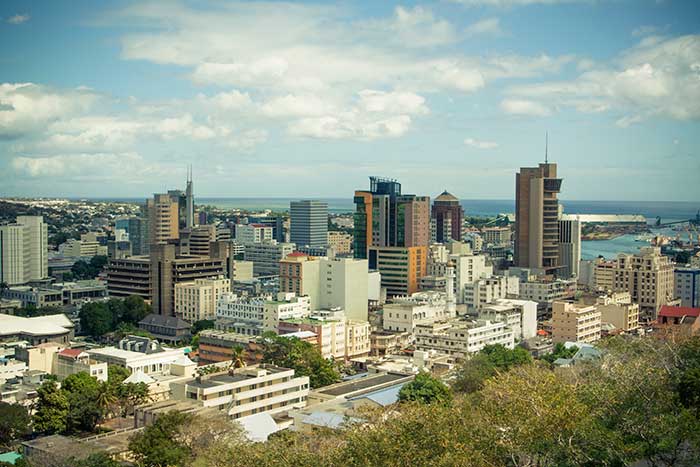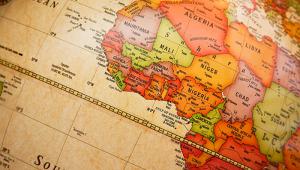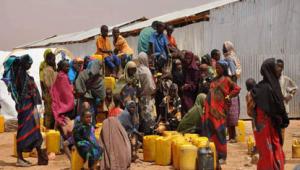web_portlouis_istock_000023397453_large.jpg

Port Louis, Mauritius. The tropical island is often used for "round-tripping" to secure tax breaks on investments
The international NGO found that 84% of total investments in the region by the World Bank’s private lending arm, the International Finance Corporation, went to 51 companies that make use of overseas jurisdictions, potentially to dodge their taxes.
Susana Ruiz, Oxfam’s tax policy advisor, said the bank should establish safeguards to ensure its clients can prove they are paying their fair share, rather than “risk funding companies that are dodging taxes in sub-Saharan Africa and across the globe”.
Oxfam said that, since 2010, the IFC has more than doubled its investments in companies that use tax havens, from $1.2bn to $2.87bn in 2015.
Last year, the IFC channelled money to 68 companies in sub-Saharan Africa, 51 of which are present in at least one tax haven, with their operations there having no apparent link to their core business, no clear business rationale, and very low levels of transparency.
Oxfam found that 25% of investments in the region were directly allocated to a company incorporated in a tax haven like Mauritius (six of the projects IFC invested in last year), where companies pay no capital gains tax, very low corporation tax and no withholding tax on dividends.
In 2013, documents obtained by ActionAid revealed how professional services firm Deloitte was advising foreign companies on how to structure their investments through the tropical island in order to enjoy significant reductions on tax.
Oxfam noted that Mauritius is known to facilitate “round-tripping” – when a company shifts money offshore before returning it as foreign direct investment, which benefits from tax breaks and other financial incentives.
The fact that the IFC invests primarily in multinational companies further exposes their portfolio to tax havens, Oxfam said.
Almost all (91%) of the projects invested in by the IFC last year were linked, either directly or indirectly, to multinational enterprises.
Seven out of ten of these investments went to companies that use tax havens in their corporate structure.
Using offshore companies is not in itself illegal and there can be legitimate reasons for being incorporated in a tax haven. As Oxfam points out, they may offer a safer investment environment for investments going to countries with fragile or inadequate financial infrastructure.
However they are frequently used to minimise tax bills in a way that is technically legal, but ethically dubious.
Developing countries lose at least $100bn a year because of this kind of corporate tax dodging, money that is much-needed to provide essential public services and start lifting populations out of poverty.
The International Monetary Fund recently estimated that the costs of tax base erosion and profit shifting by multinational companies to avoid taxes are 30% higher in developing countries than in the OECD.
“It doesn’t make sense for the World Bank to spend money encouraging companies to invest in ‘development’ while turning a blind eye to the fact [they] could be cheating poor countries out of revenues that are needed to fight poverty and inequality,” said Ruiz.













